Can muslims eat Shrimp? | Unravelling truth | 2023
Permissibility of Consuming Shrimp in Islamic Dietary Practices
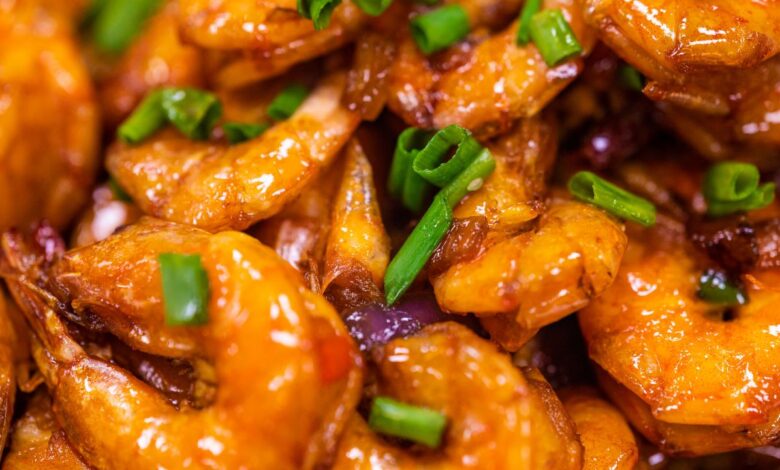
can muslims eat shrimp?
Yes, Muslims are generally allowed to eat shrimp, as it is considered permissible (halal) in Islamic dietary laws. However, there might be variations in interpretation among different Islamic schools of thought.
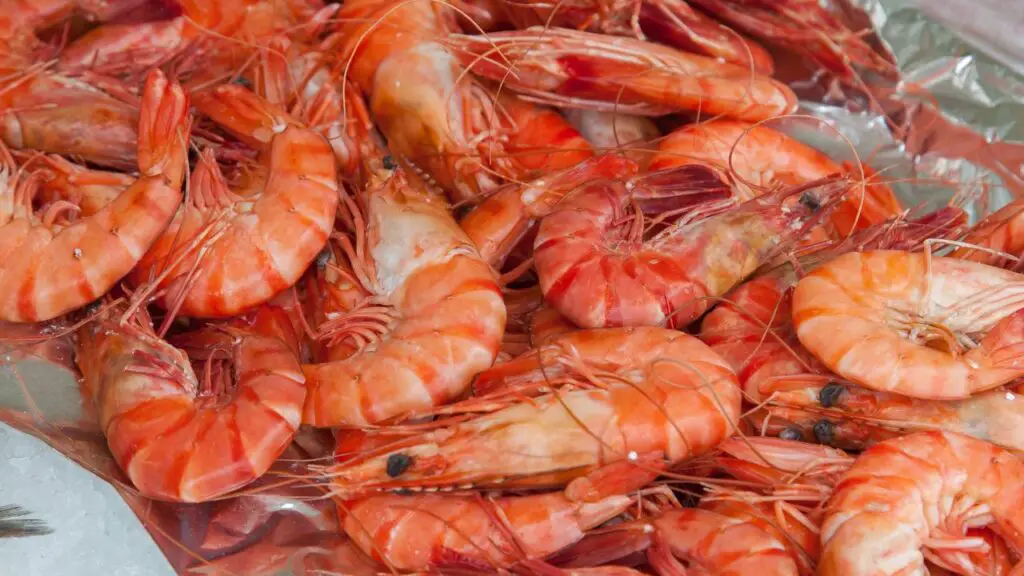
- What does the Quran say about Christianity ?
- Quotes on Trust and Honesty
- Quran Facts
- Munafiq Meaning in Islam
- Is Eddie Murphy Muslim? Truth Behind His Religious Beliefs
Intoduction
Islamic dietary laws, known as halal, play a significant role in the lives of Muslims, governing what they eat and how they consume it. One common question that arises within these guidelines pertains to the consumption of shrimp. As an important protein source, shrimp is widely enjoyed around the world. However, its status within Islamic dietary regulations has led to discussions and debates. In this article, we will delve into the question: Can Muslims eat shrimp?
Understanding Halal Dietary Guidelines
Halal dietary guidelines are derived from the teachings of the Quran, the holy book of Islam, and the Hadith, the recorded sayings and actions of the Prophet Muhammad. These guidelines establish what is permissible (halal) and what is prohibited (haram) for Muslims to consume. While certain foods, such as pork and its derivatives, alcohol, and carnivorous animals, are unequivocally forbidden, the permissibility of seafood, including shrimp, requires a closer examination.
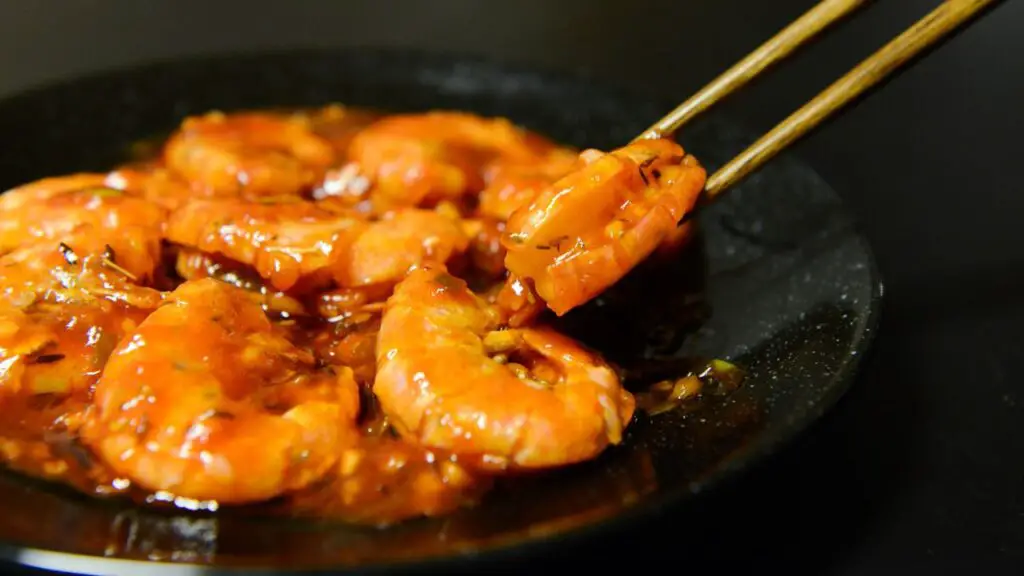
The Classification of Seafood
Islamic scholars have categorized seafood into two main groups: fish and non-fish. Fish are generally considered permissible (halal) due to explicit references in the Quran that mention fish as lawful. For example, in Surah Al-Ma’idah (5:96), the Quran states: “Lawful to you is the game from the sea and its food as provision for you and the travelers…” This verse has been understood to encompass fish as one of the permissible forms of sea life.
Shrimp: Fish or Non-Fish?
The classification of shrimp within Islamic dietary guidelines is a topic that has been debated among scholars. Shrimp are not fish; they belong to the category of crustaceans, a group of aquatic animals that also includes crabs and lobsters. Because shrimp do not fall under the category of fish, the question arises as to whether they are considered halal or haram.
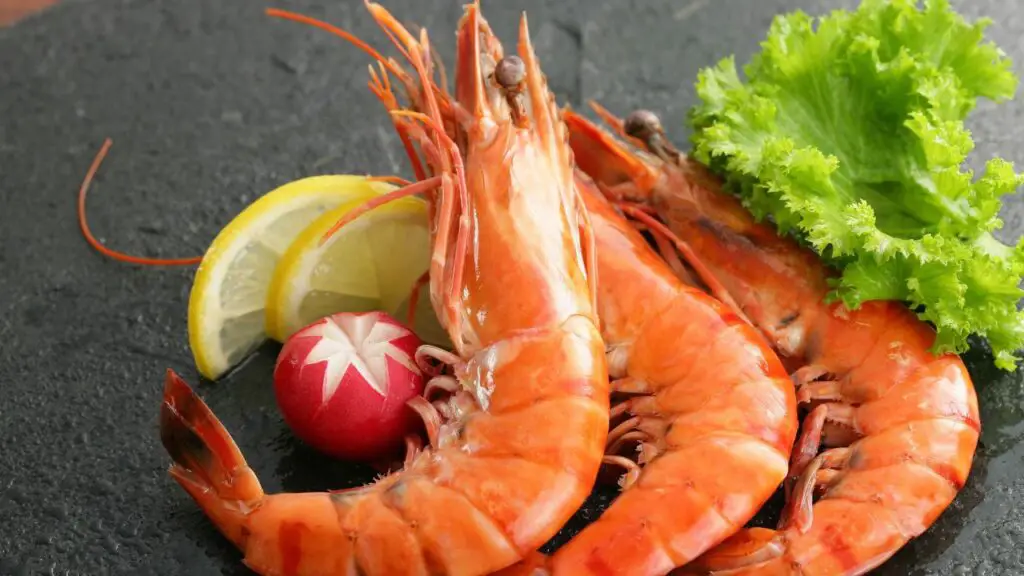
Different Perspectives
There are varying perspectives within the Islamic scholarly community regarding the permissibility of consuming shrimp. Some scholars argue that since the Quran explicitly mentions the permission to consume food from the sea, it encompasses all forms of sea life, including shrimp. These scholars consider shrimp to be halal based on the principle of permissibility unless explicitly stated otherwise.
On the other hand, some scholars take a stricter interpretation. They argue that the explicit reference to fish in the Quran suggests that fish alone are permissible, while other forms of sea life fall under a separate category. According to this view, shrimp may be considered haram due to their classification as crustaceans rather than fish.
Majority View and Cultural Practices
It is important to note that the majority of Islamic scholars and jurists lean towards the permissibility of consuming shrimp. This perspective is often based on the broader principle of taking what is not explicitly forbidden (halal unless proven haram) and on the analogy drawn between shrimp and fish as sources of sustenance from the sea.
Cultural practices and historical dietary habits of Muslim communities also play a role in shaping the perspective on shrimp consumption. In many regions with a strong maritime tradition, shrimp and other seafood have been integral parts of the local cuisine for generations. This has influenced the acceptance of shrimp as halal in these communities.
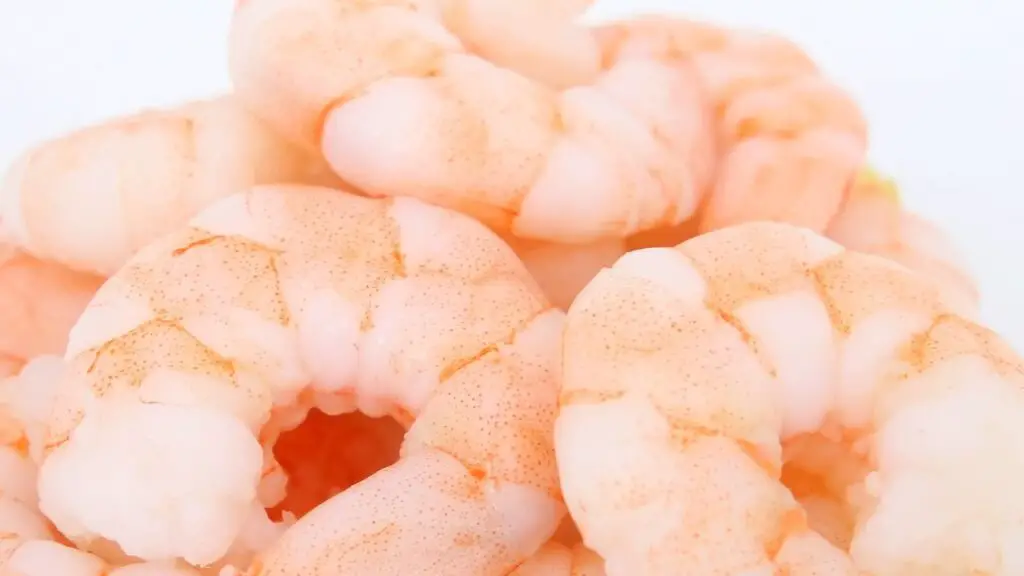
Conclusion
The question of whether Muslims can eat shrimp is an example of the complex and nuanced discussions within Islamic dietary guidelines. While the classification of shrimp as a non-fish crustacean has led to debates among scholars, the majority view leans towards permissibility. This view is often supported by the broader principles of Islamic jurisprudence, cultural practices, and historical dietary habits.
It’s important to recognize that interpretations of Islamic dietary laws can vary among individuals, communities, and scholars. Therefore, Muslims seeking guidance on this matter should consult with knowledgeable religious authorities or scholars to make informed decisions that align with their beliefs and understanding of their faith.
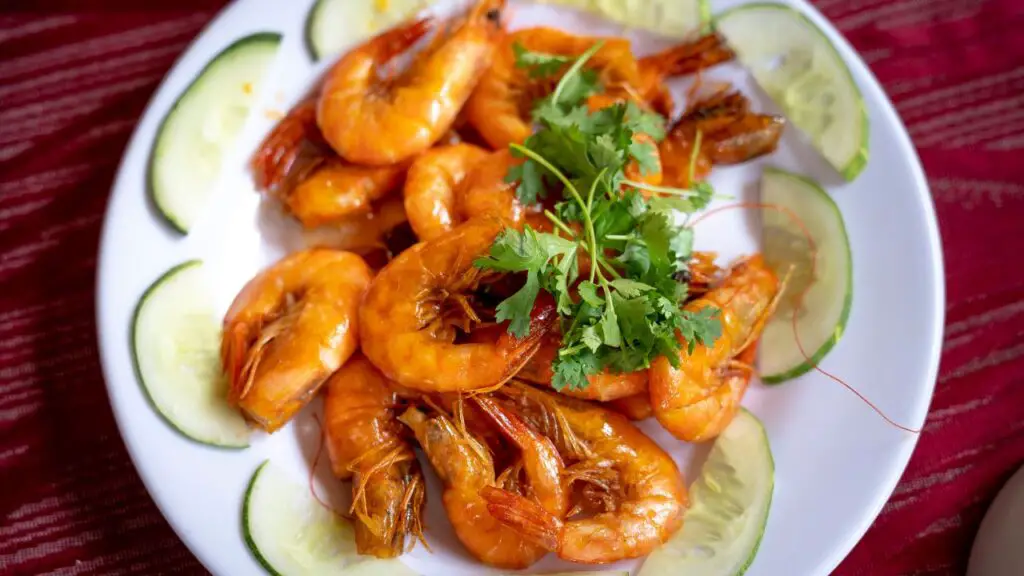
Faqs
Can Muslims eat shrimp?
Yes, Muslims are generally allowed to eat shrimp, as it is considered permissible (halal) in Islamic dietary laws. However, there might be variations in interpretation among different Islamic schools of thought.
Is there a specific guideline for consuming seafood in Islam?
Islam permits the consumption of seafood, including shrimp, as long as it meets the criteria of being halal. This involves adhering to principles such as proper slaughtering methods, avoiding certain forbidden (haram) ingredients, and following dietary laws outlined in Islamic teachings.
What makes shrimp halal for Muslims?
Shrimp and other seafood are considered halal for Muslims because they are aquatic animals and not subject to the same slaughtering requirements as land animals. However, Muslims should ensure that the seafood is prepared in accordance with halal standards and not cross-contaminated with haram substances.
Are there any restrictions on the types of shrimp that Muslims can consume?
Generally, Muslims can consume most types of shrimp, as long as they are not exposed to haram substances or prohibited methods of preparation. It’s advisable to check the source and preparation methods to ensure compliance with halal standards.
Can Muslims consume shrimp cooked by non-Muslims or in non-Muslim restaurants?
Muslims can consume shrimp prepared by non-Muslims, as long as they adhere to halal dietary guidelines. It’s essential to inquire about the ingredients used and the methods of preparation to ensure they align with Islamic dietary laws.
Are there any exceptions within different Islamic sects?
Different Islamic sects may have slight variations in their interpretations of halal food. While the consumption of shrimp is generally accepted across various sects, individuals should consult their respective religious scholars or authorities for guidance if they have any doubts.
What about allergies or health considerations related to shrimp?
Health and safety considerations, such as allergies or health conditions, may override dietary guidelines. If an individual has a legitimate health concern related to consuming shrimp, they should prioritize their well-being and follow medical advice.
Can shrimp be consumed with any type of seasoning or cooking style?
Shrimp can be cooked and seasoned in various ways, as long as the ingredients used are halal. Muslims should avoid using alcoholic beverages and non-halal ingredients in their cooking and preparation methods.
Are there any specific rituals or prayers associated with consuming shrimp?
Unlike halal meat, which requires a specific prayer (bismillah) to be recited before consumption, seafood like shrimp does not have a specific prayer associated with it. However, Muslims are encouraged to begin their meals with the name of Allah (bismillah) as a general practice.
Can Muslims eat shrimp during fasting (Ramadan)?
Muslims are not allowed to consume any food or drink during the fasting hours of Ramadan, including shrimp. However, shrimp can be enjoyed during the permissible eating hours before dawn (suhoor) or after sunset (iftar).





